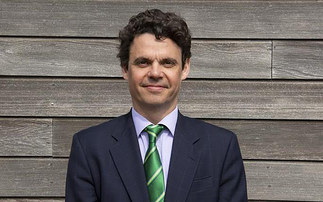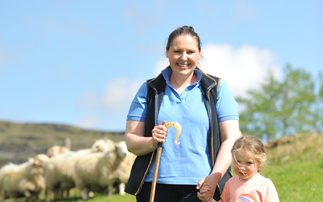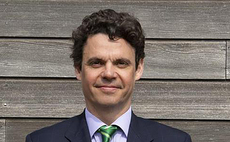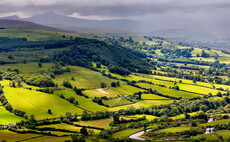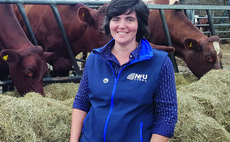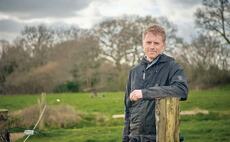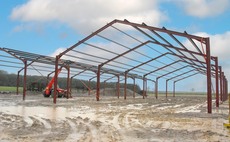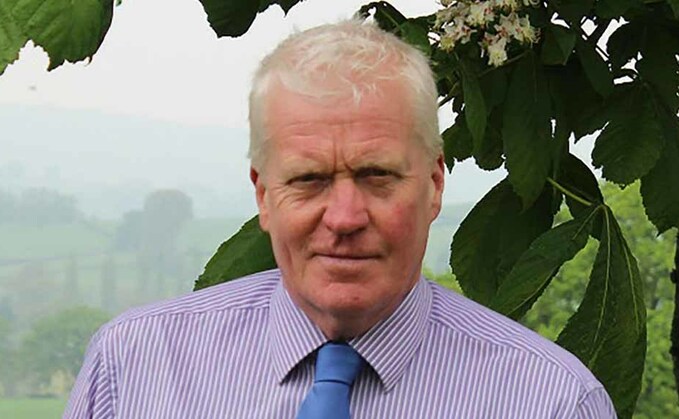
Twenty years ago this spring saw the formation of �������� For Action. To mark the anniversary, �������� Guardian spoke to its leader David Handley about why the organisation remains relevant two decades on.
It was in May 2000 in the salubrious surroundings of Frankley Services, on the M5 in Worcestershire, that �������� For Action (FFA) was born.
Back then, the industry was being assailed by a range of problems, with the dairy sector seeing prices at their lowest ebb in real terms for 30 years.
With rising tensions in the wider economy as fuel prices rose above 80 pence per litre, with much of that being fuel duty, there were growing calls for action on both fronts.
Step forward David Handley, a tenanted dairy farmer from near Chepstow, Wales.
"We were having the same problems then as we are today," said Mr Handley.
"There were beef imports flooding in and the lamb and milk markets were on slippery slopes.
"There were about 25-30 people who were ringleaders of sporadic protests at the time, but it was actually a discussion with Tesco that led to the formation of FFA.
Impetus
"I rang Tesco's procurement director and they said that they would not deal with individuals, only organisations, and that gave us the impetus to come together."
The meeting on the M5 would be followed by another formal get-together in Wiltshire where, Mr Handley suggests, Derek Mead pointed to him as the formal chairman of FFA.
With the fuse lit, Mr Handley and the FFA became high-profile figures in the fuel protests of that year, with BBC reports of their blockade of Stanlow refinery in Ellesmere Port, Cheshire, in September 2000 describing them as a ‘rag-tag army of farmers and hauliers'.
Milk contracts were next in their sights.
"We got meetings with retailers and our big breakthrough was in milk," said Mr Handley.
"We had a meeting in Leeds with [then Asda chief executive] Alan Leighton and Robert Wiseman.
"Milk prices were at 12-13ppl and we put our argument forward and Alan turned to Robert and said we need 3ppl more, and he had to deliver. And the rest is history."
Over the intervening years, Mr Handley has often been a high- profile figure when the farming industry has turned to protesting, especially if milk prices have been in the doldrums.
And for many years he said he struck up a strong working relationship between the FFA and NFU, especially while the latter was under the presidency of Sir Peter Kendall.
"Peter Kendall at the NFU allowed us to come together and while we sometimes had our hiccups, I think he did more for the NFU membership than anyone before," said Mr Handley.
"It had usually been the NFU way or no way, but he changed that.
"The NFU today seems to be all about the publicity they receive, whereas I really think it should be about results and not just getting your name in print or on TV."
With 13,000 members at its peak, the FFA currently has about half that figure but has a strong social media following.
And while Mr Handley has no intention of stepping back from the leadership, he is clear there needs to be an eye on the future.
Passionate
"People are asking what we have been doing in the current dairy crisis, but we have been vocal behind the scenes rather than in the media," he said.
"In terms of my legacy, I believe that if you do not try then you will never know. You will not be liked by everybody but if you are passionate then you will make things happen.
"But if the younger generation reverts back to thinking that other people will do it for them, then we could be back to the situation we had in 2000 when the farming voice was not heard."
Still milking cows, albeit at a much smaller scale then he once did, Mr Handley remains passionate about the FFA.
"There will always a place for the FFA and this type of organisation which is not afraid to ask the hard questions," he added.




